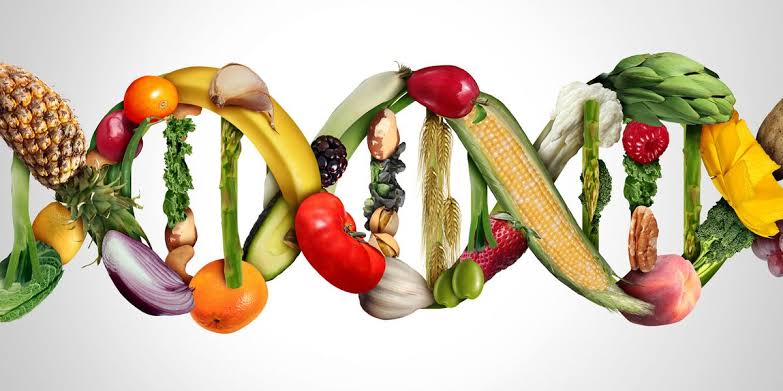
Daniel Otera
The Federal Ministry of Health and Social Welfare has introduced new measures to strengthen the regulation of genetically modified (GM) crops in Nigeria, promising greater transparency, safety, and public accountability.
At a sensitisation workshop in Abuja for Directorate Officers, organised on Sunday by the Open Forum for Agricultural Biotechnology (OFAB), Mr John Atanda, Director of Food and Drug Service, outlined the ministry’s plan. He stressed collaboration with the National Agency for Food and Drug Administration and Control (NAFDAC) and the National Biosafety Management Agency (NBMA) to enforce strict standards.
“We are committed to ensuring that every GM product adheres to rigorous regulatory procedures,” Atanda said. “Labelling and traceability are non-negotiable. These measures will reinforce accountability and foster trust among Nigerians.”
He explained that all GM products would undergo detailed risk assessments covering allergenicity, nutritional value, long-term health effects, and environmental impact. “Our priority is to protect and promote public health by ensuring safe, nutritious, and wholesome foods,” he added.
The workshop also sought to dispel misconceptions around biotechnology. Dr Rose Gidado, Nigeria Country Director for OFAB, highlighted global evidence supporting GMO safety. “GMOs have been safely used for over 30 years in about 45 countries,” she said. “The government cannot give poison to its people. If claims that GMOs destroy surrounding crops were true, Nigeria would have faced severe hunger crises by now.”
Gidado urged Nigeria to strengthen investment in agricultural research. “Without innovation, we’ll keep depending on other countries for our food,” she warned.
Prof Abdullahi Mustapha, Director-General of the National Biotechnology Development and Research Agency (NABDA), presented data on the local impact of GM crops. He noted that farmers planting TELA maize, a genetically modified variety, reported yield increases of up to 50 per cent compared to conventional maize. Pod borer-resistant cowpea also showed striking results, reducing insecticide sprays and cutting costs for farmers.
“These results are transformative,” Mustapha said. “Pod borer-resistant cowpea has reduced the need for repeated insecticide use, saving farmers money while raising productivity.”
The adoption of GM crops in Nigeria forms part of a wider global response to food insecurity under the pressures of climate change, population growth, and pest challenges. The Food and Agriculture Organization (FAO) projects Nigeria’s population could reach 400 million by 2050, intensifying strain on food systems.
Regulators have already approved several GM varieties for use. NBMA cleared pod borer-resistant cowpea for commercial release in 2019 and granted approval for TELA maize in 2021. By 2024, selected TELA maize hybrids had been officially registered for commercialisation by Nigeria’s seed authority.
Globally, over 40 countries cultivate GM crops, including the United States, Brazil, and South Africa. The International Service for the Acquisition of Agri-biotech Applications (ISAAA) reports consistent expansion in biotech farming, with millions of hectares under cultivation each year.
Despite these advances, public scepticism remains strong in Nigeria, often driven by misinformation. The OFAB workshop aimed to equip regulators with scientific evidence to counter myths and guide informed policy decisions.
Recent field data has underlined the potential benefits. A 2024 on-farm study found that the TELA maize hybrid SAMMAZ 75T yielded 5.09 tonnes per hectare, a 54 per cent improvement over conventional maize, which averaged 3.30 tonnes. Farmers using TELA maize also reduced pesticide applications, from an average of 2.1 sprays per season to 1.3, while pest damage fell sharply. Just 22 per cent of TELA growers reported infestation compared with 86 per cent of conventional maize farmers.
Nigeria’s regulatory framework is anchored in the NBMA Act of 2015, which requires comprehensive risk assessments before GM products are approved. NAFDAC complements this by enforcing food safety and labelling standards. Together, these agencies provide oversight for Nigeria’s biotechnology sector.
Claims from NABDA suggest that pod borer-resistant cowpea cuts insecticide use by up to 50 per cent and boosts farmer income by 20 to 30 per cent, though 2023 figures have yet to be independently verified.
“Transparency is key,” Atanda reiterated. “We will work tirelessly to ensure Nigerians trust the safety and benefits of GM crops.”
